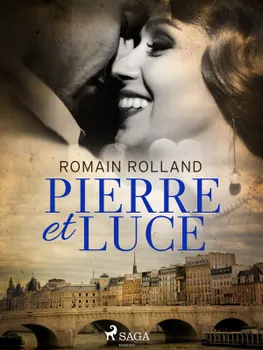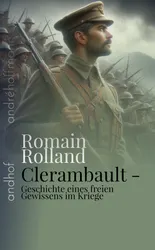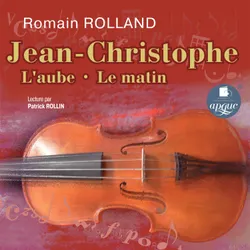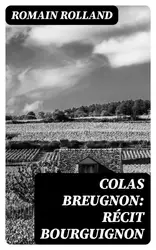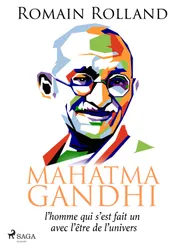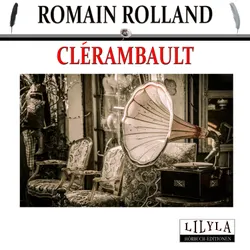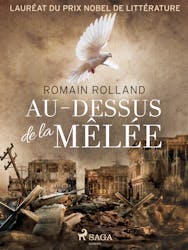Pierre le sait: «Dans six mois la patrie aura besoin de sa chair. La guerre la réclame.» Mais Paris est déjà sous les bombes. Pierre ferme les yeux et plonge dans les ténèbres du métro pour fuir les détonations sourdes. Quand il rouvre les yeux, il la voit, en bas—Luce. «Le silence. La paix. Elle est là.» Et bientôt il la perd du regard. Et bientôt il la revoit, enfin. Mais c'est toujours la guerre — cette guerre qui «ne mène à rien» — qui de nouveau les sépare...
Romain Rolland (1866-1944) est un écrivain français, et une figure de la non-violence, à l’image de Tolstoï et Gandhi qu’il admire. Il commence une carrière de professeur. Mais lors de la Première Guerre mondiale, il est bouleversé. Pour lui c’est certain: l’Europe va au suicide. Il est et demeure en Suisse, pour témoigner de sa neutralité. Il y publie un appel pacifiste, «Au-dessus de la mêlée». Il reçoit le Prix Nobel de littérature de 1915 par l’Académie suédoise. Depuis 1906 il entretient des relations épistolaires avec Alphonse de Châteaubriant, ainsi qu’avec Louis Aragon et Stefan Zweig. Il correspond aussi avec Sigmund Freud, sur le sentiment océanique. Malgré une période où il soutient l’URSS face à un Hitler qui s’impose, il se détourne de la politique, et en 1939 préside le Comité mondial contre la guerre et le fascisme. La correspondance avec Stefan Zweig est d’une importance capitale pour sa philosophie et la littérature. Zweig qualifiera Rolland de «Conscience de l'Europe».
